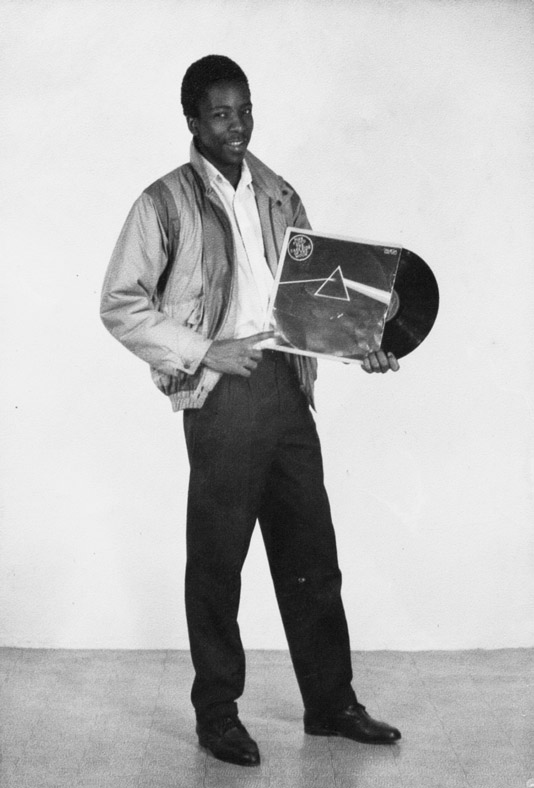

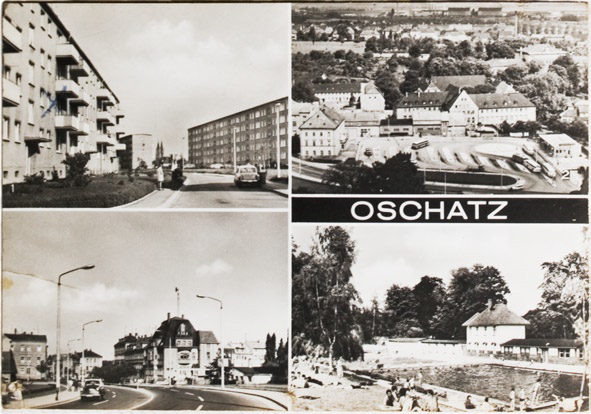

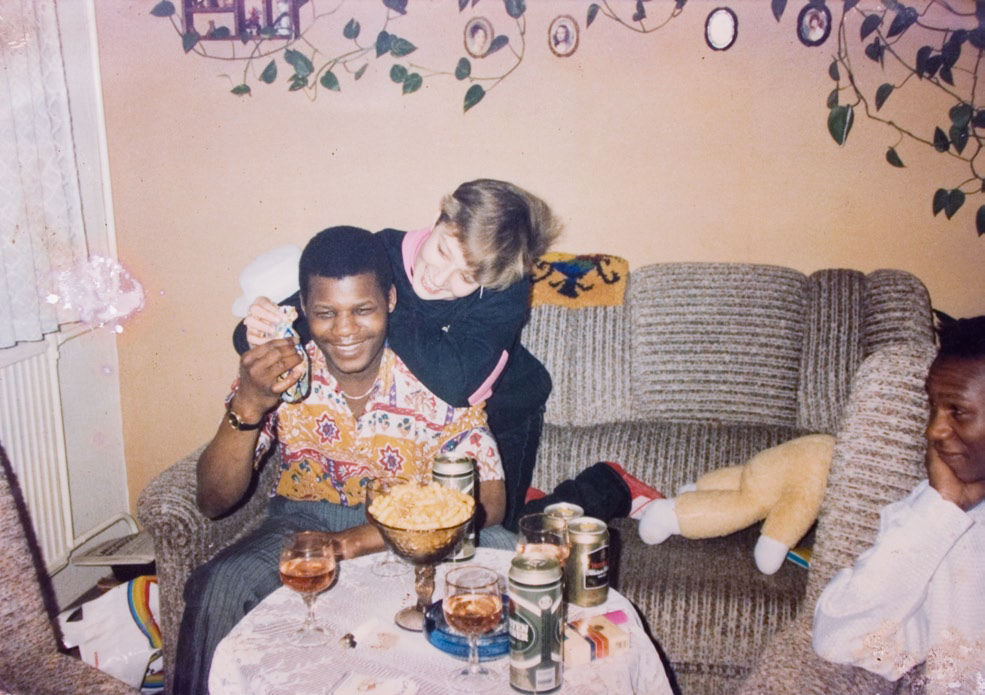

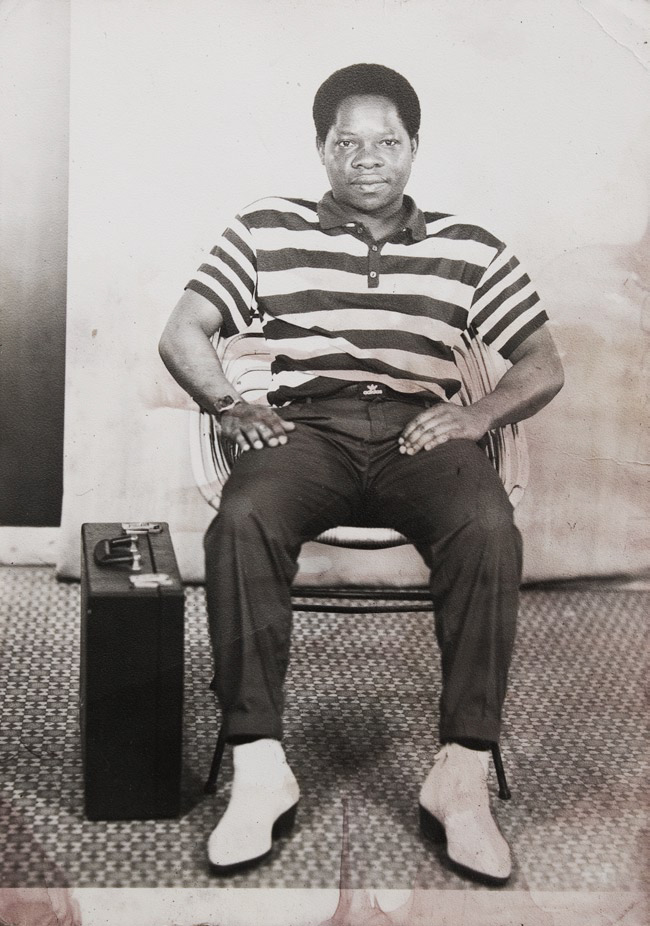

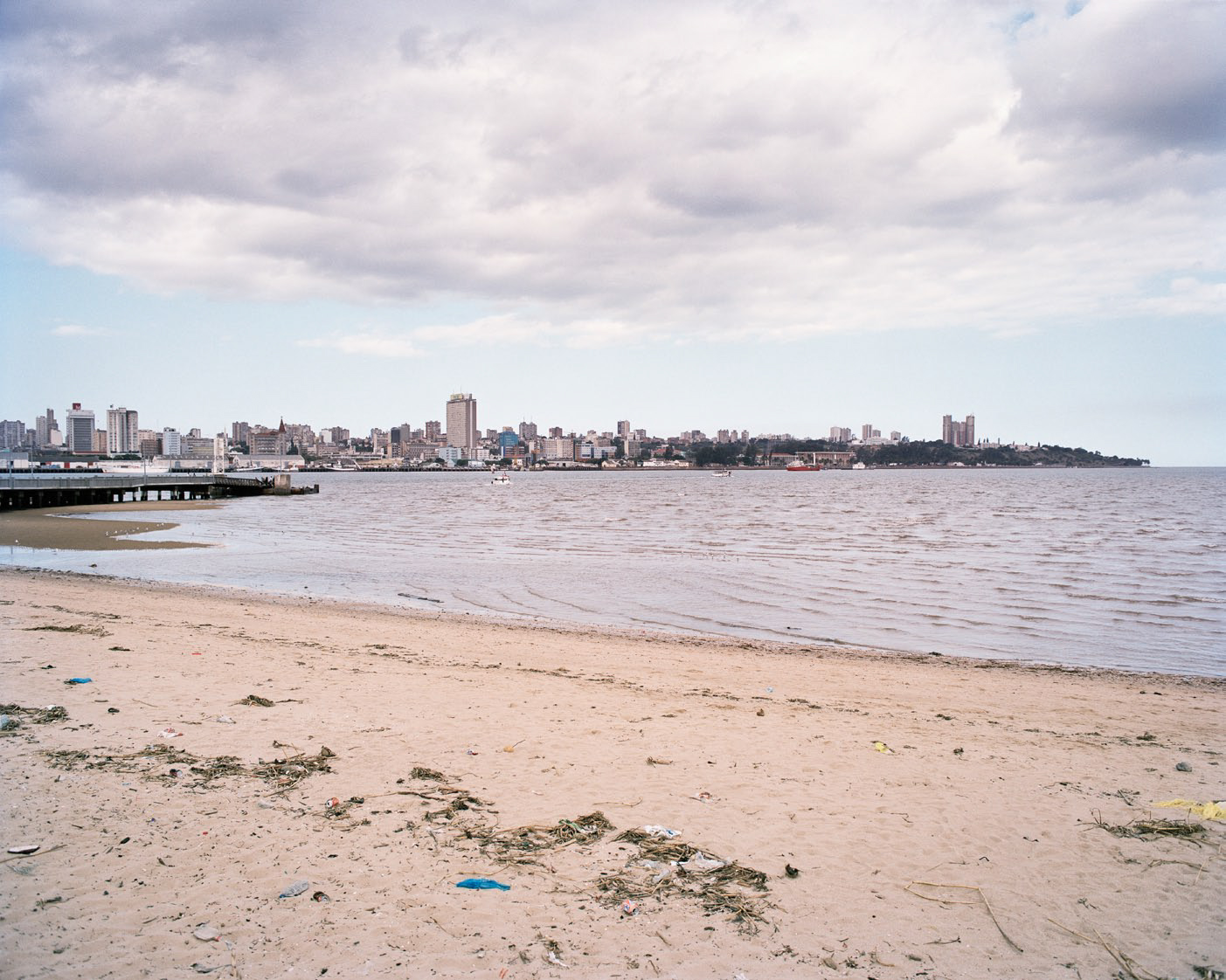
Fig. 6
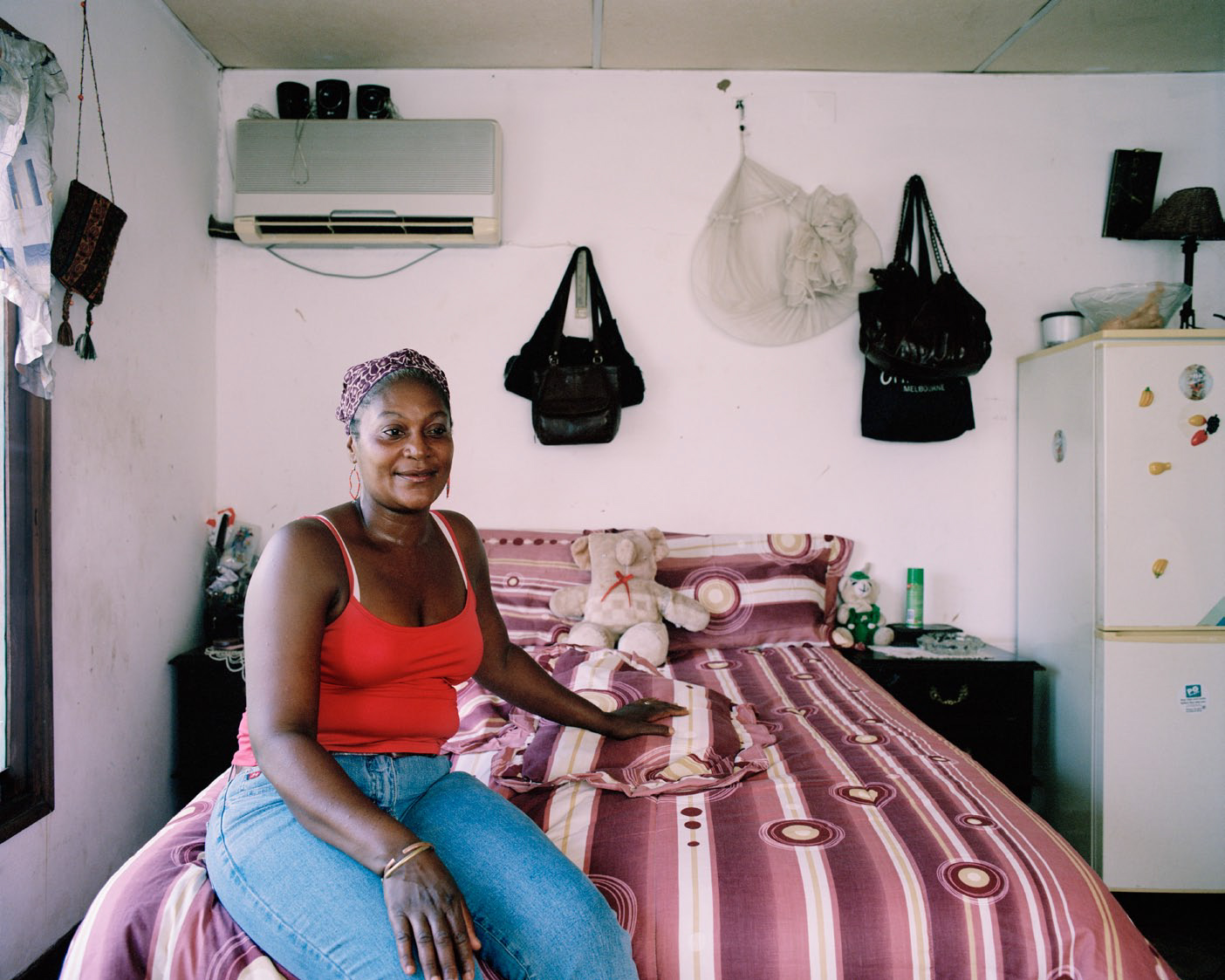
Fig. 7
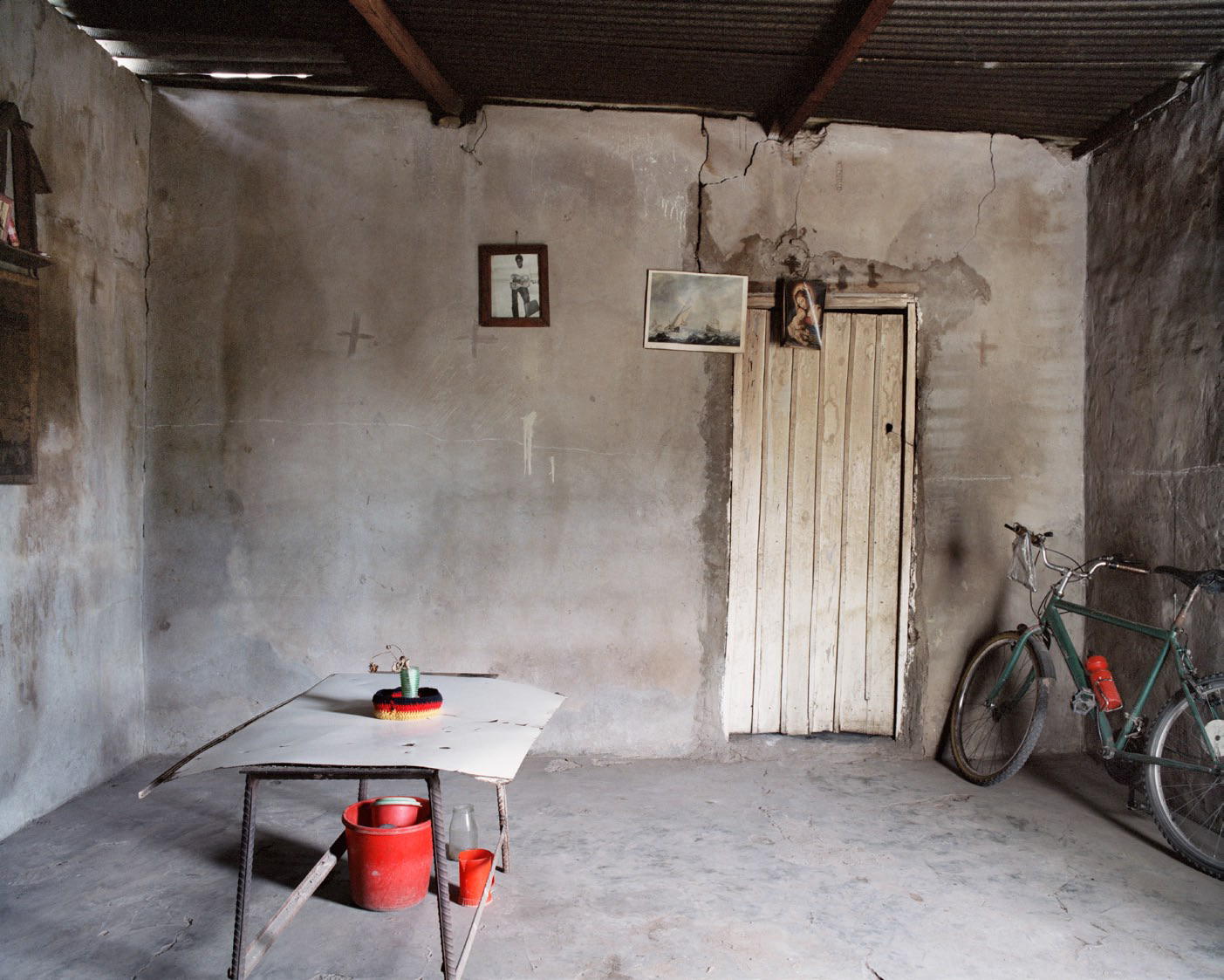
Fig. 8
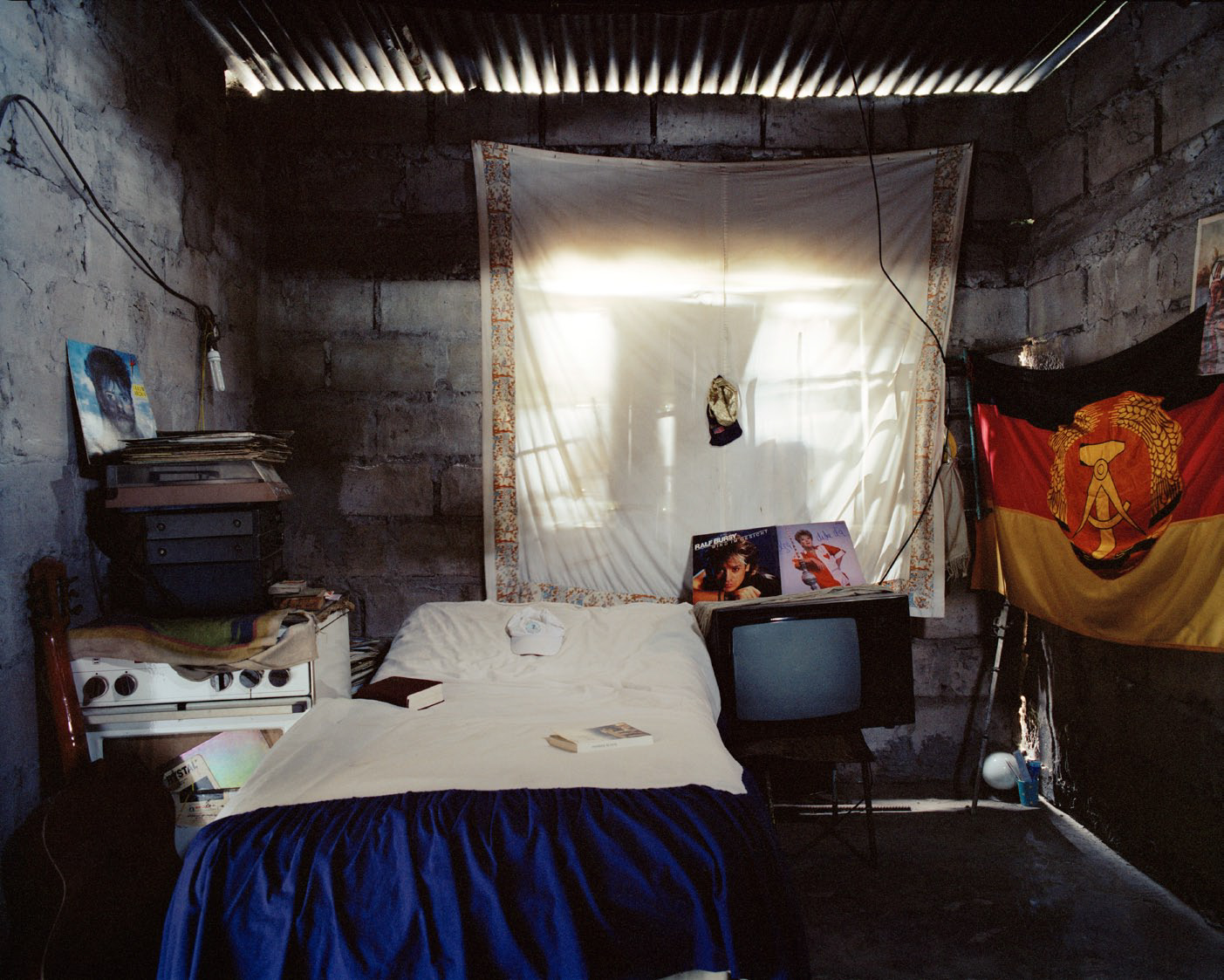
Fig. 9
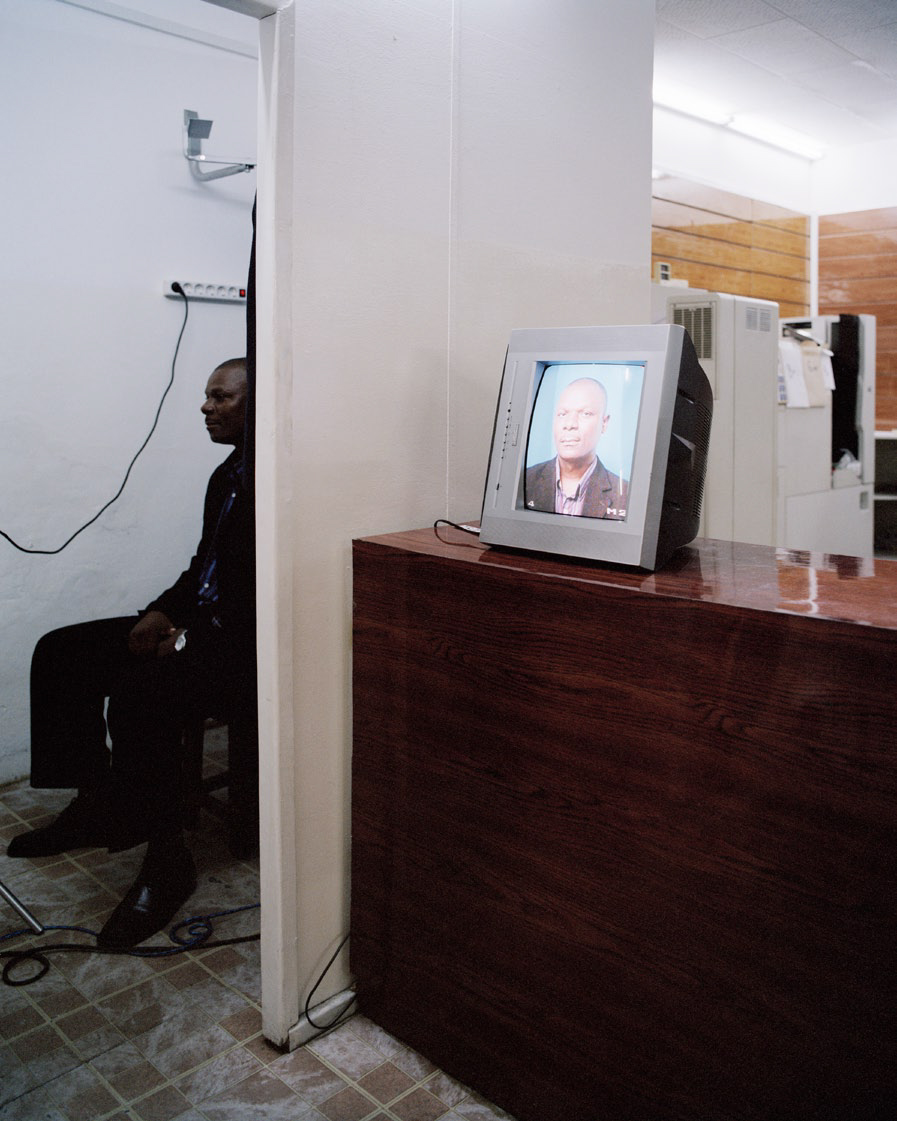
Fig. 10
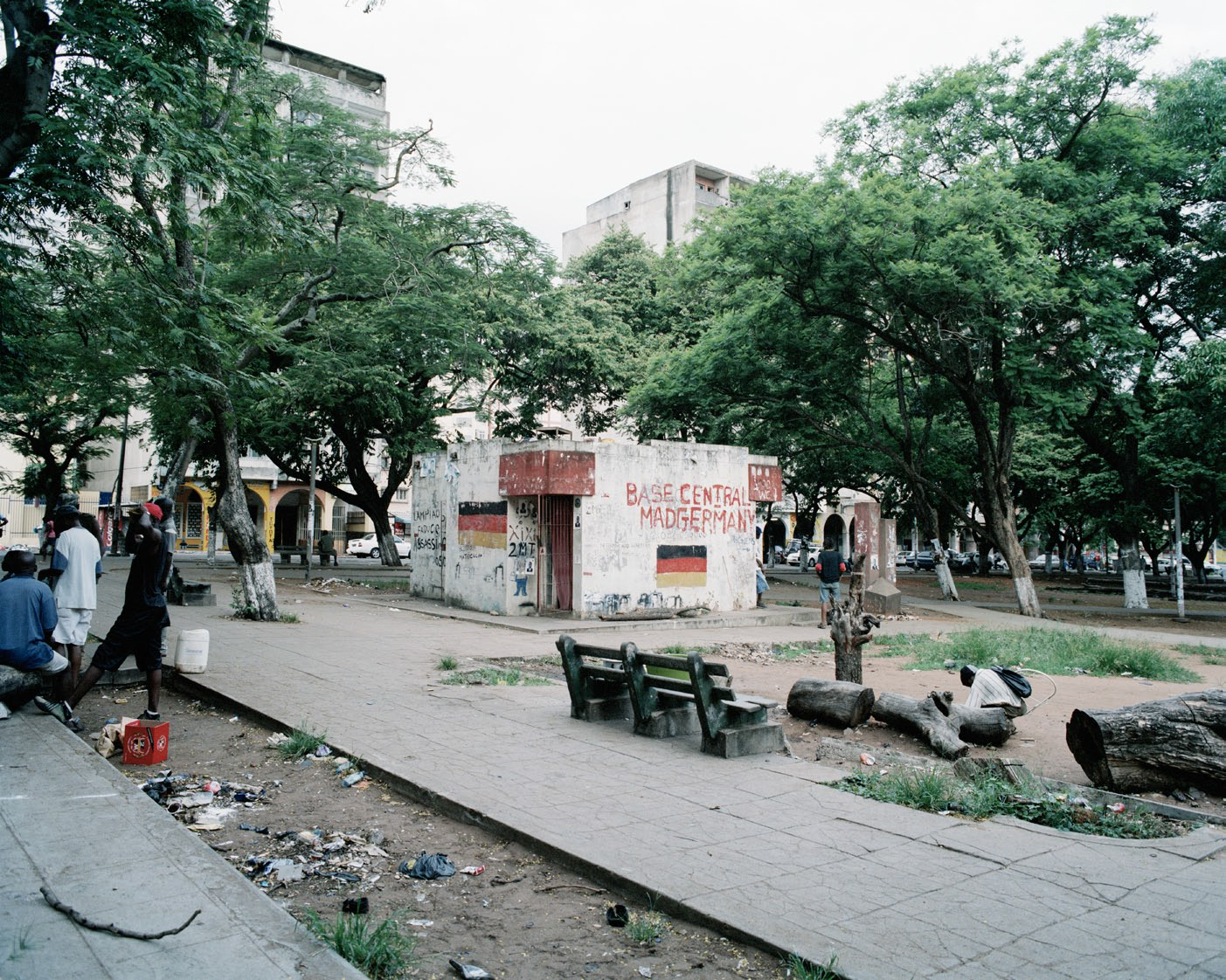
Fig. 11
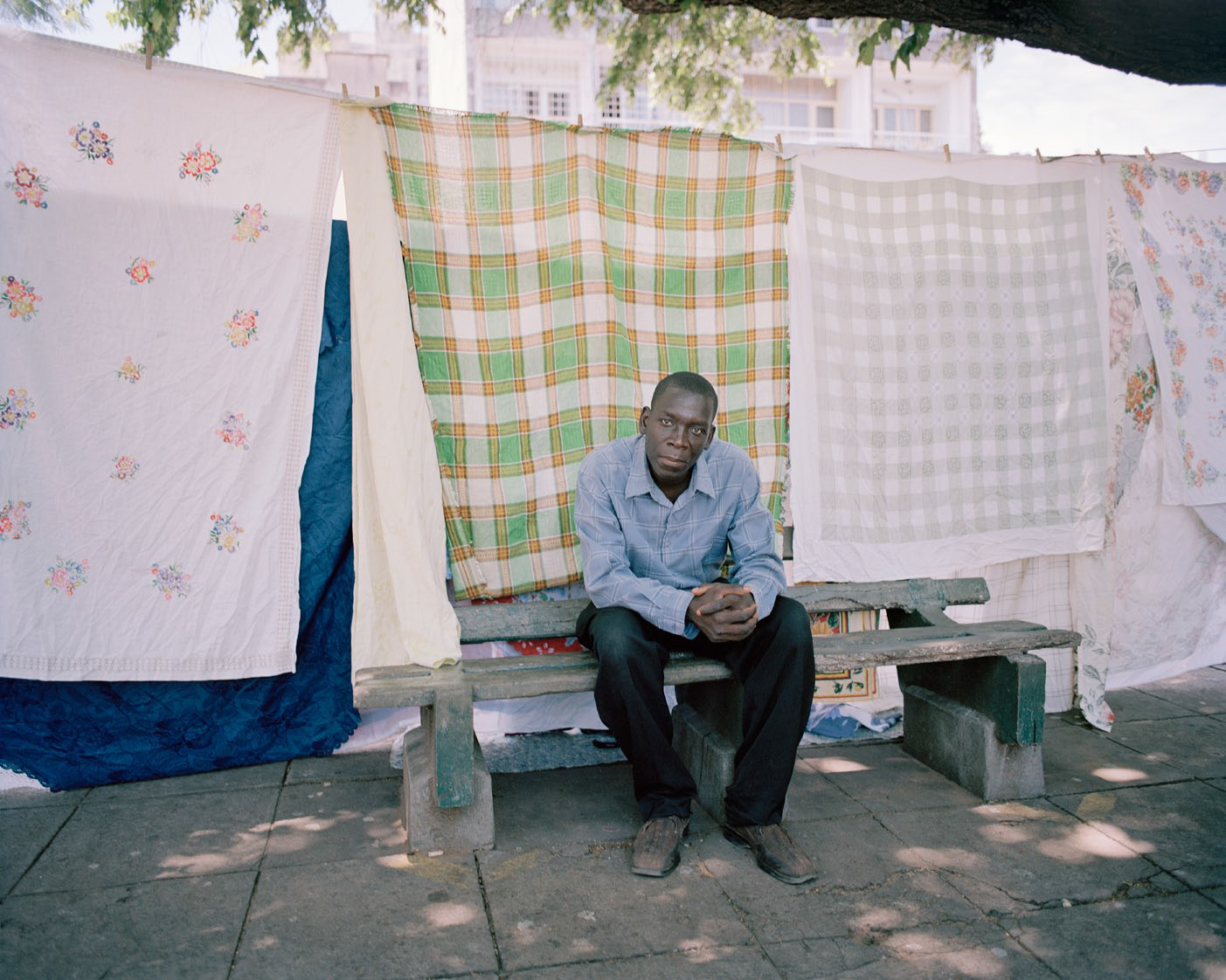
Fig. 12
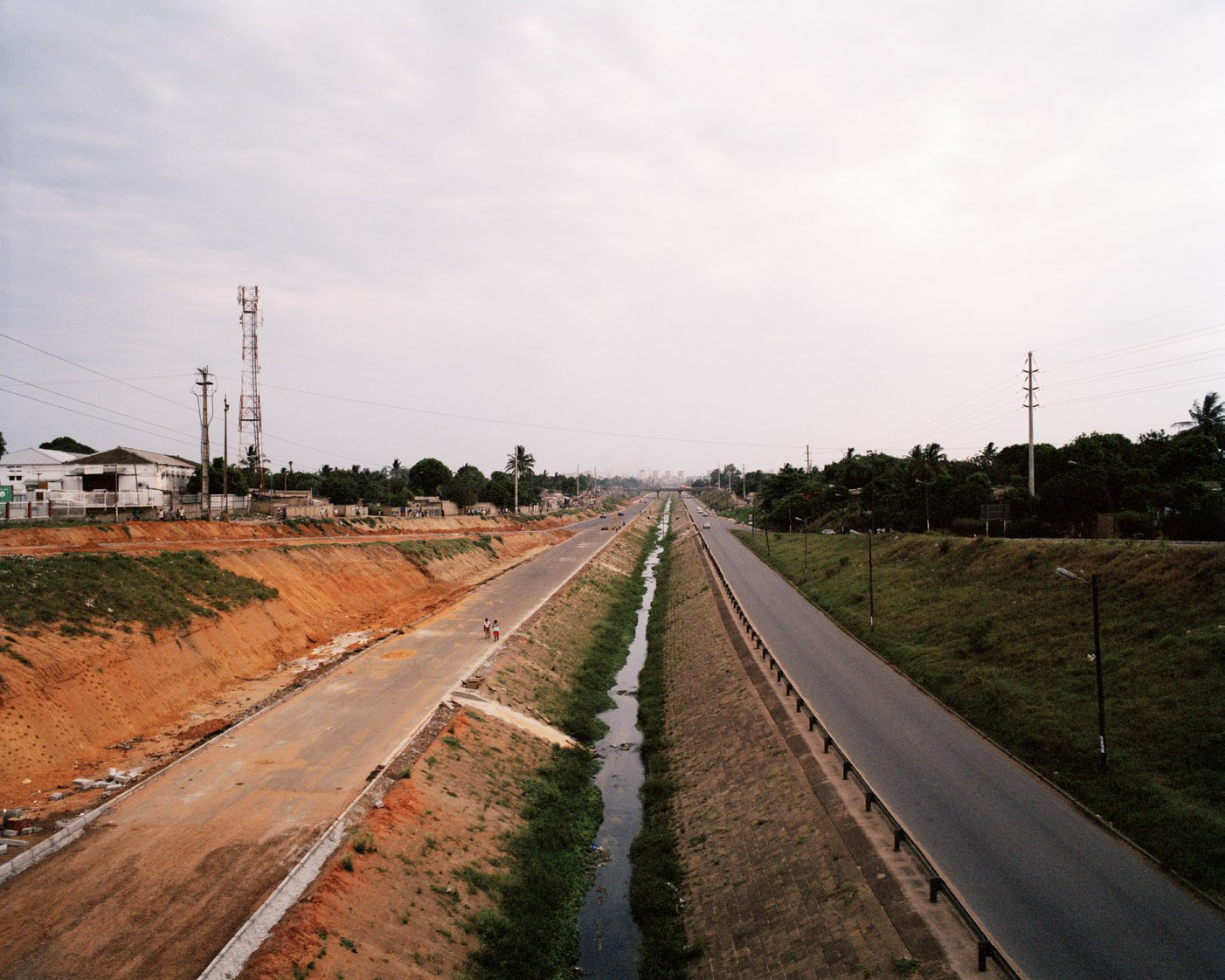
Fig. 13
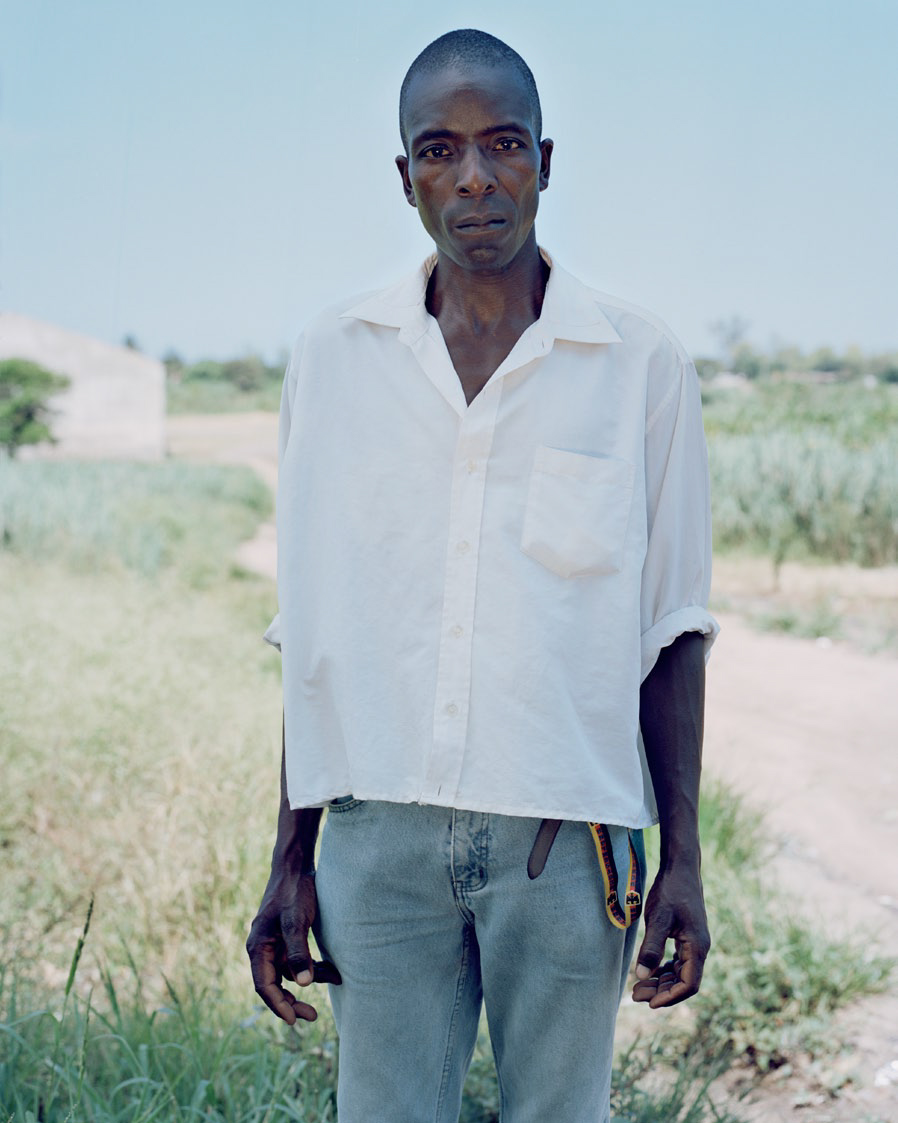
Fig. 14
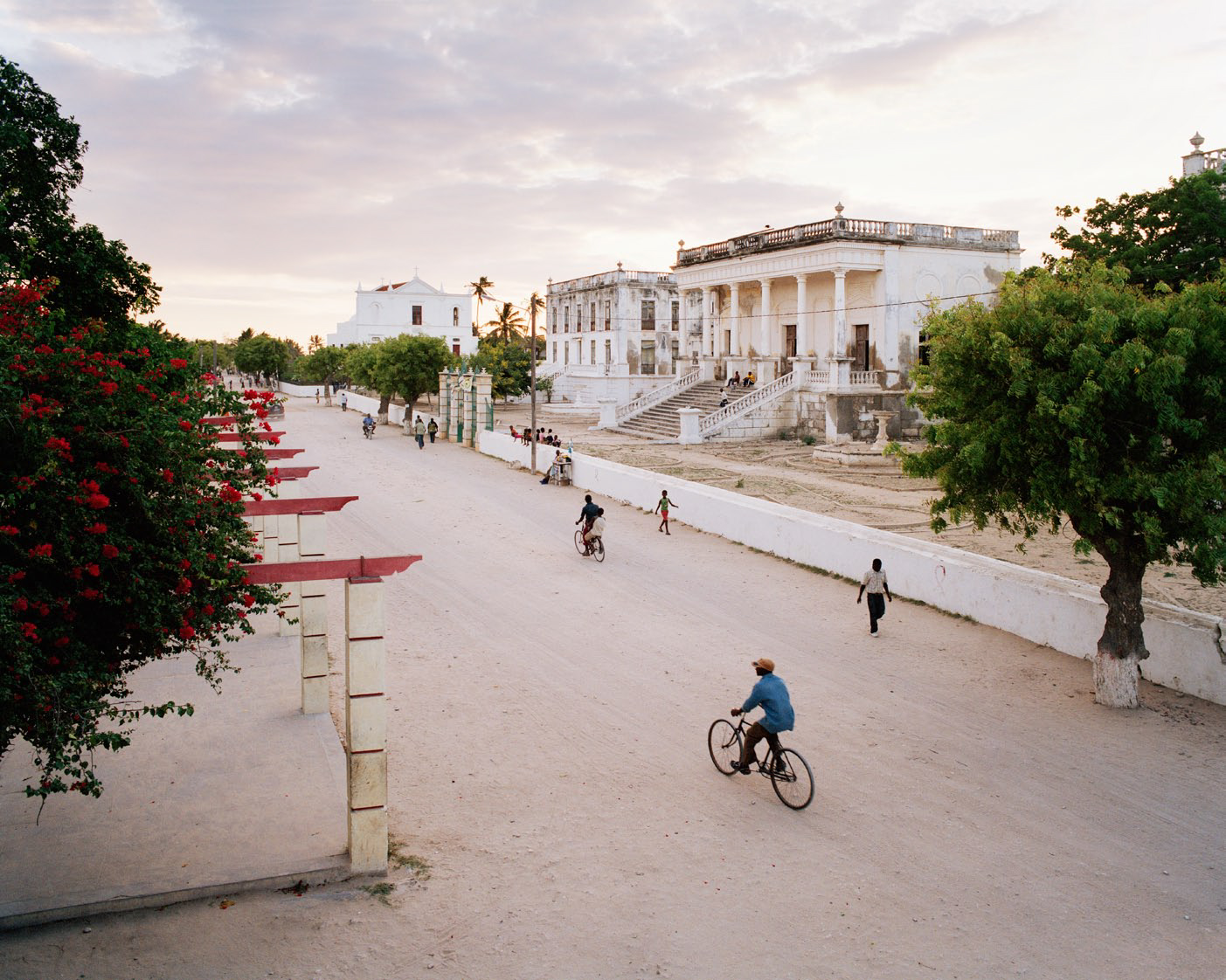
Fig. 15
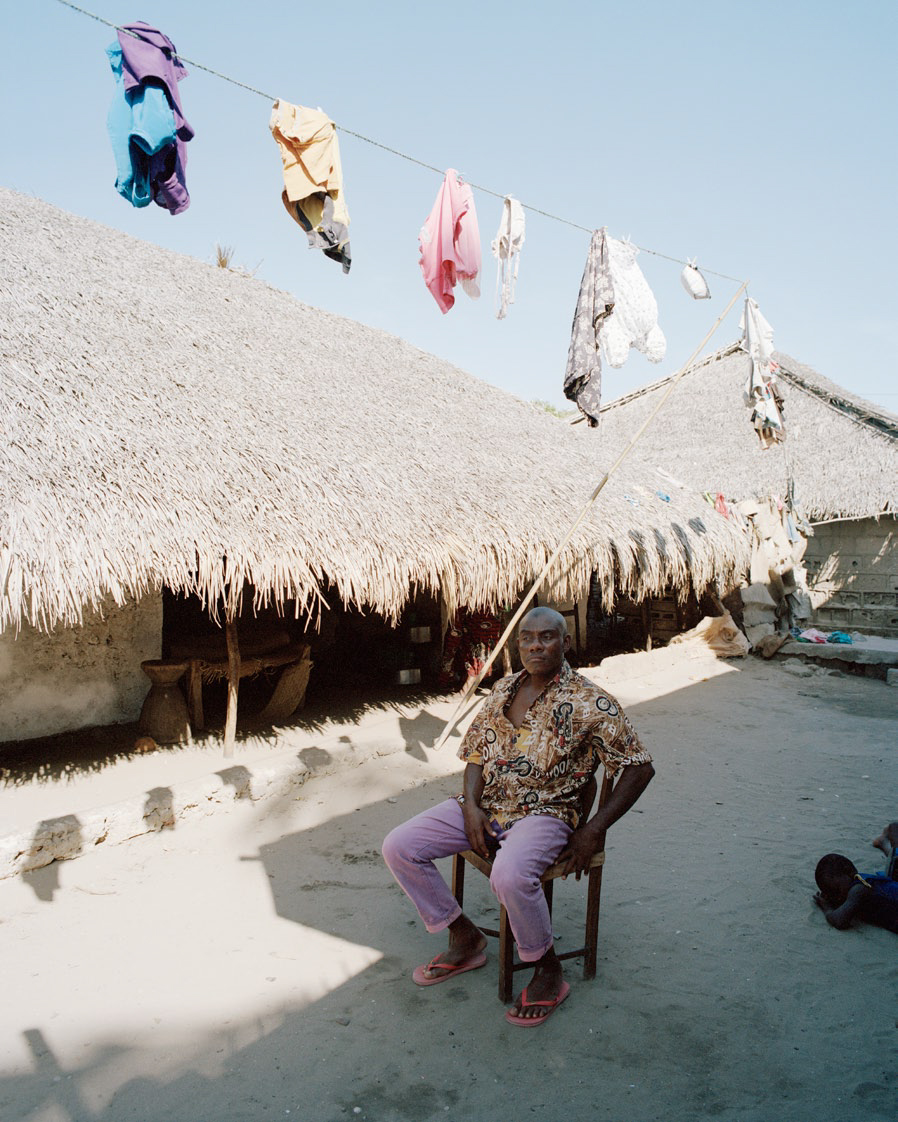
Fig. 16
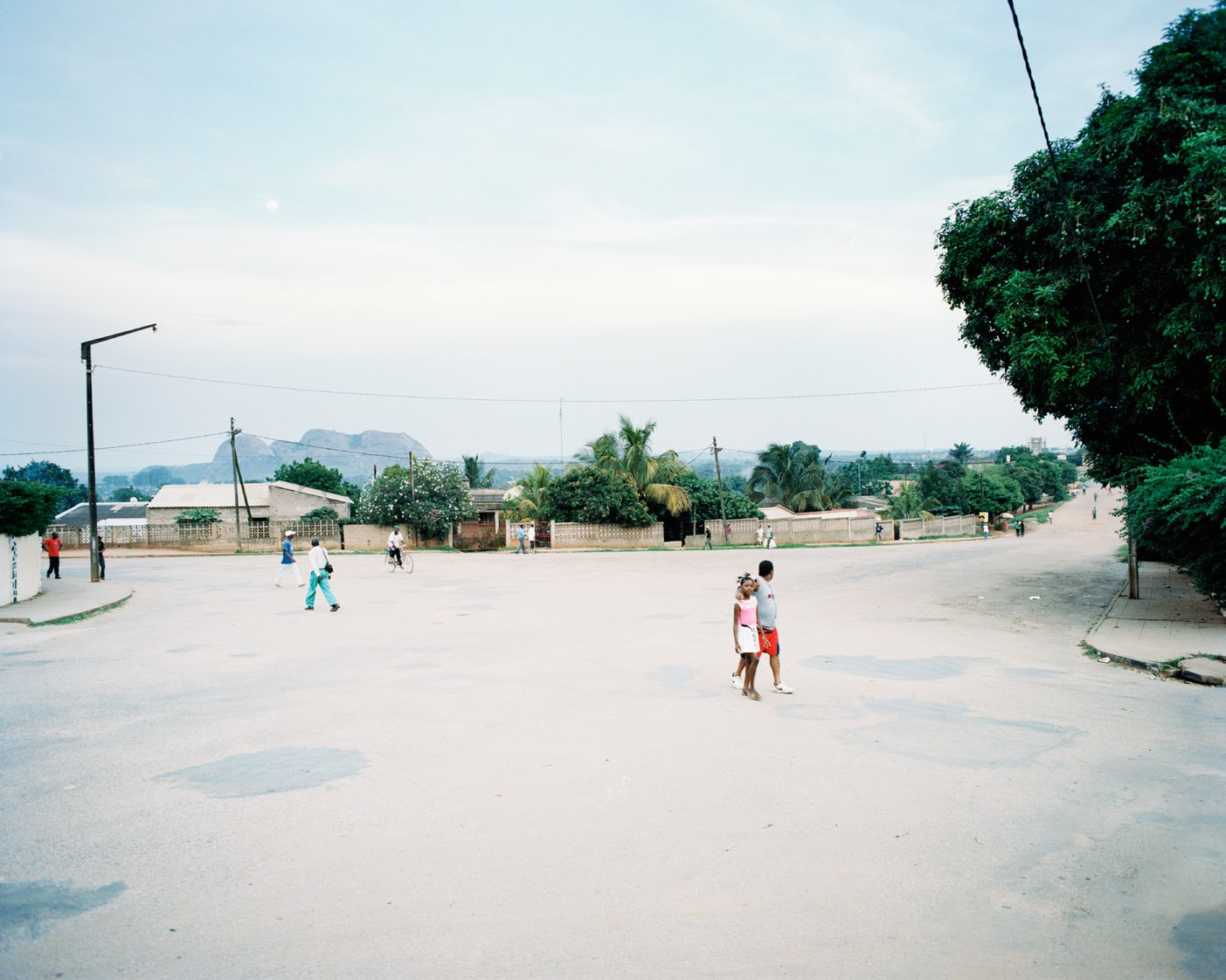
Fig. 17
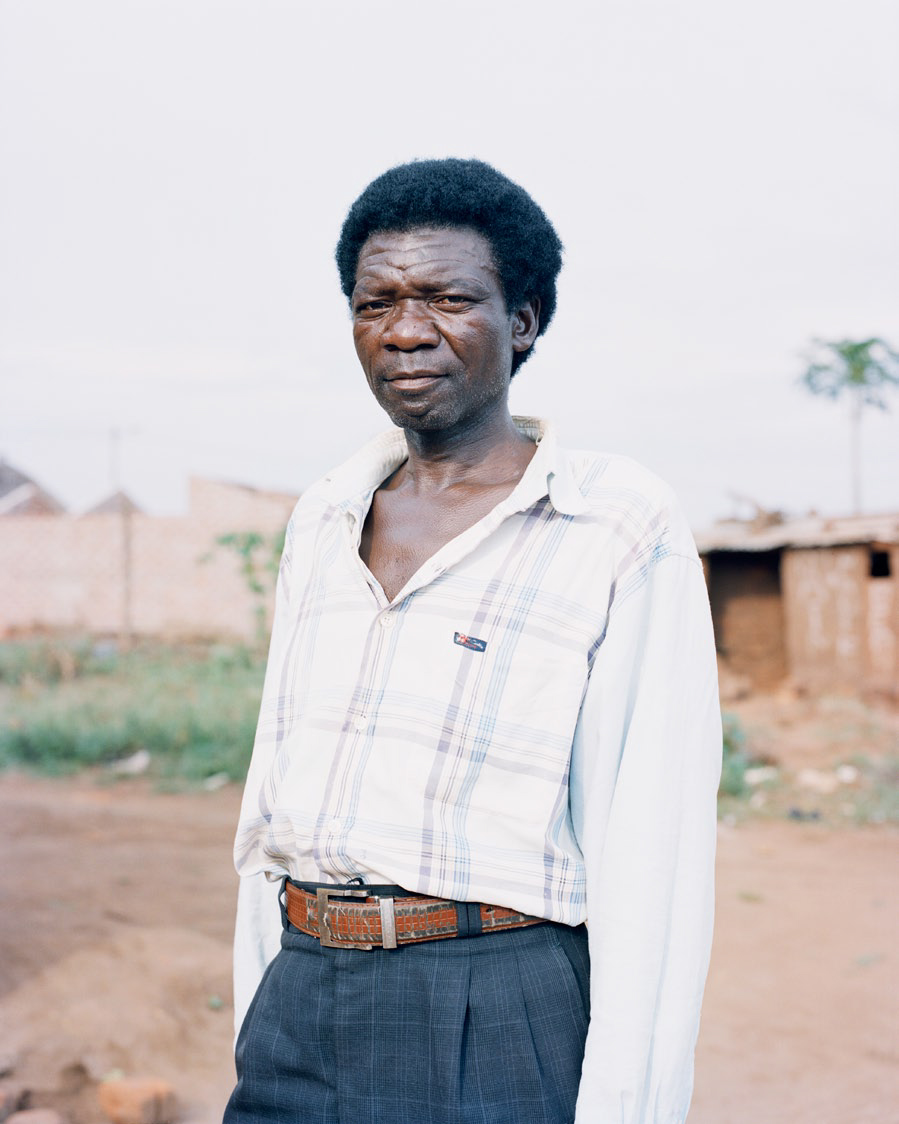
Fig. 18
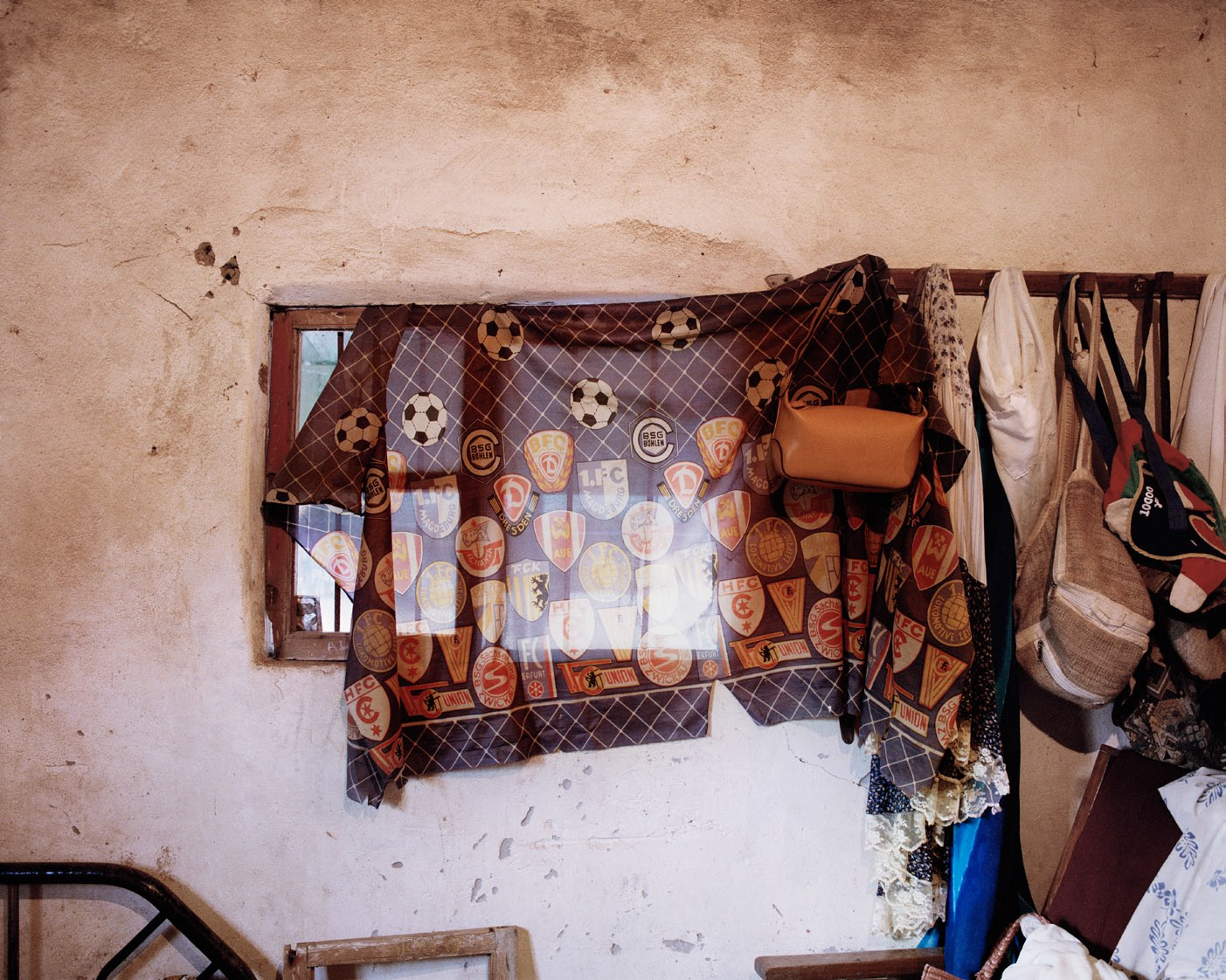
Fig. 19
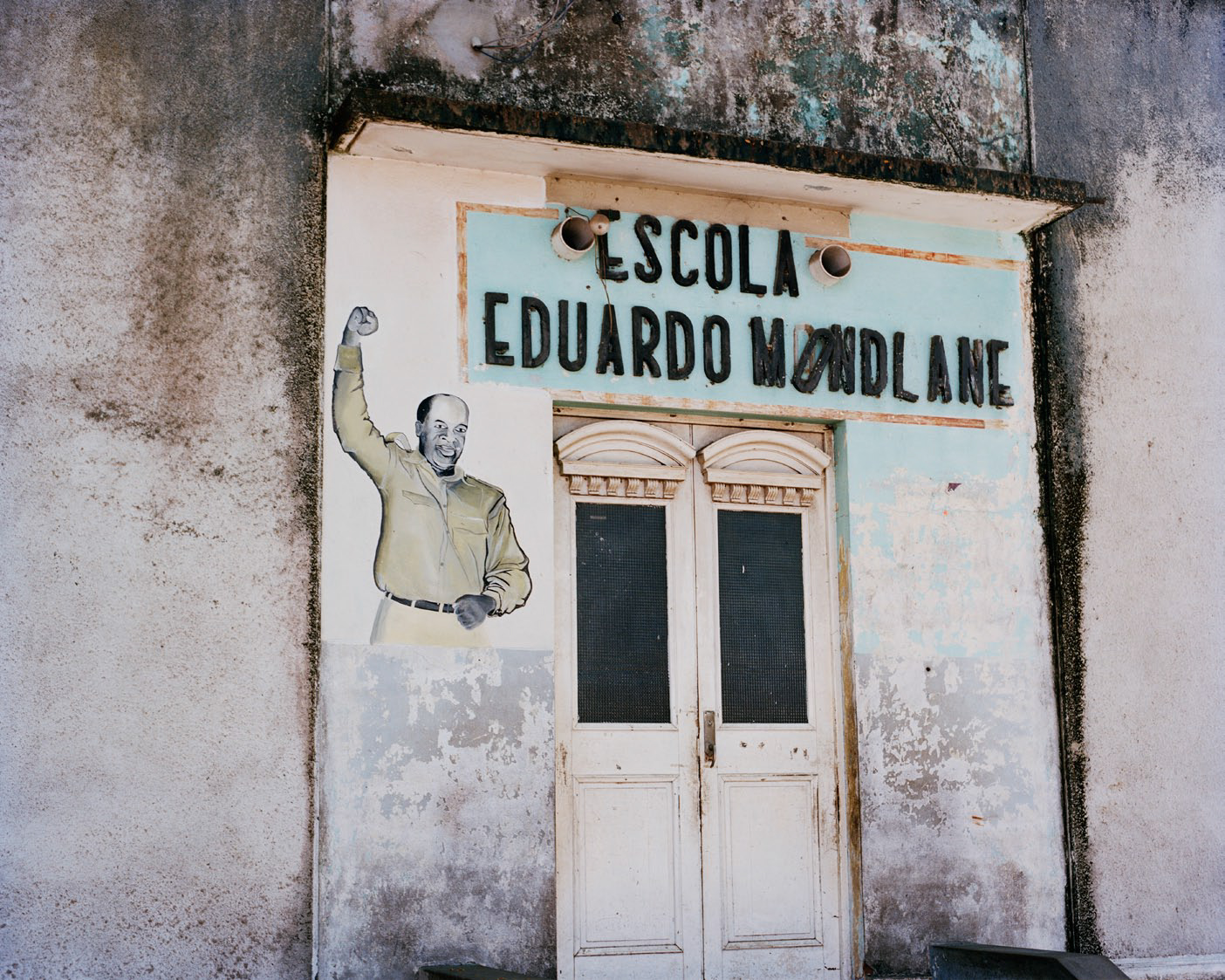
Fig. 20
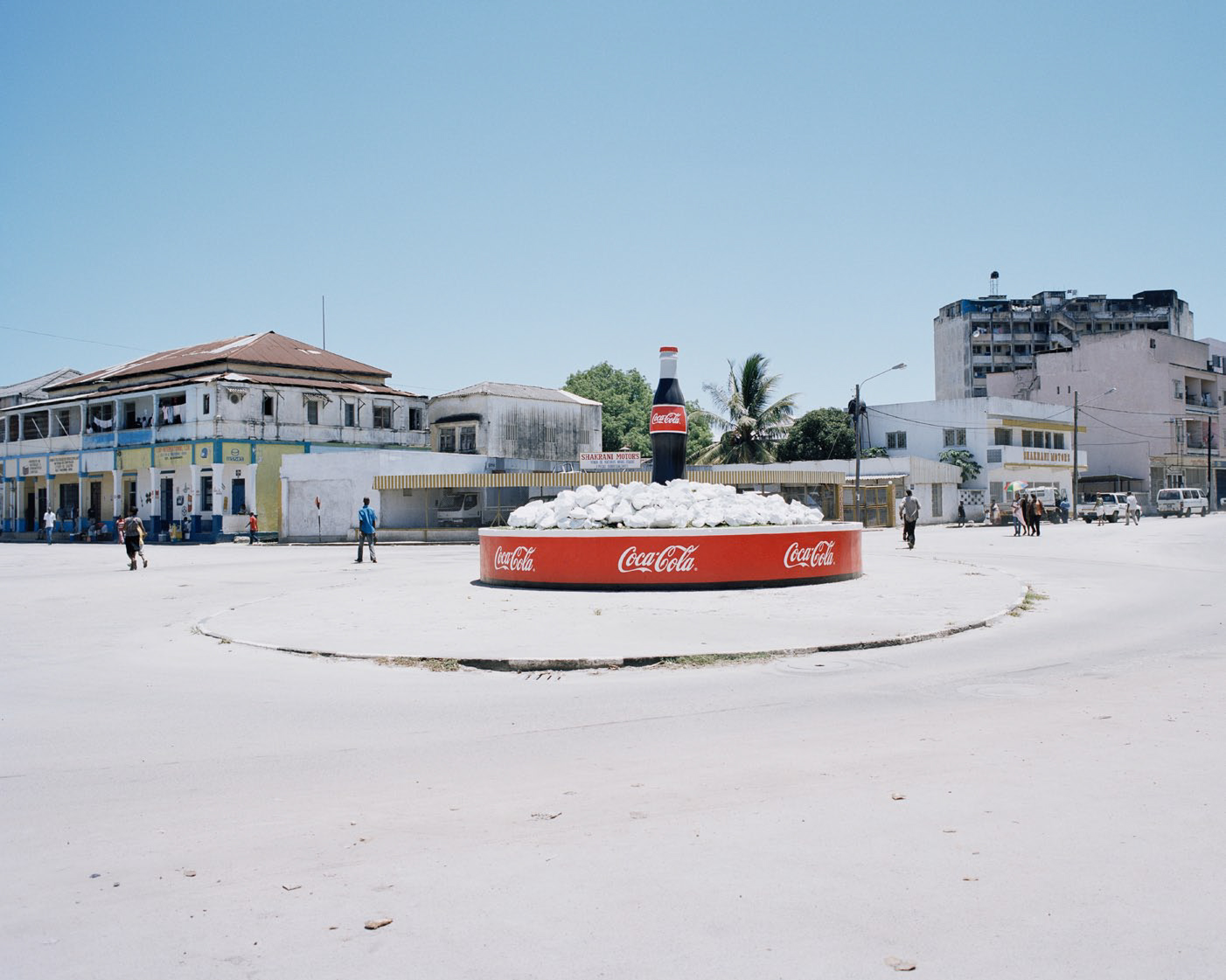
Fig. 21
Einheit, Arbeit, Wachsamkeit – Die DDR in Mosambik
Hardcover 19,8 x 32 cm, 128 pages, 54 color illustrations, language: English, German
Kehrer Verlag, 2012
ISBN 978-3-86828-298-6
Introduction
The former German Democratic Republic began its support of the Mozambican liberation movement’s struggle against Portugal’s colonial rule in the 1960’s. On 25 June 1975, the southern African country won independence, and Samora Moises Machel became the first president of the young People’s Republic. Diplomatic contacts grew into an intense, friendly relationship between the two socialist brother countries, and this relationship was formalized in the Friendship and Cooperation Agreement on 24 February 1979 in the Mozambican capital Maputo. With this agreement, Machel and the GDR’s former Chairman of the Council of State Erich Honecker laid the cornerstone for the employment of 16 000 contract workers from Mozambique in the GDR. The best students in schools throughout all of Mozambique were chosen and sent to East Germany. There they learned German and, after a short training period, they began their labour service in a wide range of stateowned companies of the GDR. For many this was the first time in their lives that they had steady work and regular wages. They had the opportunity to get to know a better life, while a bloody civil war raged in their homeland and plunged their country into chaos and terrible poverty.
The contract workers lived in group homes with all the comforts the GDR had to offer. They had refrigerators, electric stoves, washing machines, televisions, video recorders and radios, and they slept in beds with good mattresses. They went to drink beer and celebrate a good deal, and they also socialized with Germans. On company outings they got to know the country. Together with contract workers from other socialist brother countries, they made a considerable contribution to preserving GDR’s economy. The future was also a major consideration. From the time they started working, a portion of their earnings were withheld and transferred to Mozambique. In 1985, the percentage deducted was raised from the 25 percent stipulated in the agreement up to 60 percent and later reduced to 40 percent in 1988.
The Berlin Wall fell on 9 November 1989. The Iron Curtain and the division of the world into east and west became history. It was the beginning of the end of the GDR. The agitation in global politics did not spare the People’s Republic of Mozambique. The Mozambican government renounced Marxism-Leninism and called for the first free elections. 16 years of civil war and a failed socialist system left the nation as one of the three poorest in the world. The basis for the contract workers’ stay in Germany was gone over night. Many of the state-owned companies that relied heavily on the work of the Mozambicans closed. The great revolutionary hero Samora Machel had died in an airplane crash on 19 October 1986. Erich Honecker had long since fallen from power. The majority of the contract workers had no choice. Without an employment agreement they found themselves in Germany illegally, and their savings frozen in Mozambique. They had to return to their home country. Under a pretext, government officials at the airport in the capital Maputo relieved them of the papers documenting their work in the GDR and the proof of the amount of deductions from their wages. It quickly became clear that the contract workers had worked to discharge their country’s debts, and not for themselves and their future. Their money was all gone and the promised jobs did not exist. Today, the Mozambican government still owes the former contract workers a total of 74.4 million US dollars in payments for the transferred wages and around 18.6 million US dollars for the transferred social insurance payments.
Fig. 6
Baía de Maputo
Fig. 7
Maria Luisa Mbanze Rui lived in Ilmenau 1981–1982 and in Dresden 1987–1991; Maria Luisa worked at VEB Elektroglas Ilmenau and GGV Druckerei Dresden
Fig. 8
Living room of Nelson Ernesto Monheguete, Zona Verde, Maputo
Fig. 9
Sleeping room of Nelson Ernesto Monheguete with cooker, tv and other relics from the former GDR, Zona Verde, Maputo
Fig. 10
José Alfredo Cossa lived in Zeulenroda for seven years; 2009, José is president of the Madgermanes
Fig. 11
In Maputo, during a manifestation on 5 September 2003, policeman Lampião Faduco shot dead Madgerman Antonio Virgilio Amade here; today, Antonio’s family is allowed to use one room of the public toilet facility as a hairdresser’s salon; earnings from the public toilet go to the Madgermanes
Fig. 12
Aurelio Jonas Timane lived in Leipzig 1985–1990 and worked as skilled textile worker
Fig. 13
Avenida Joaquim Chissano, Maputo
Fig. 14
Nelson Ernesto Monheguete lived in Glasseidenwerkweg 17 in Oschatz near Karl-Marx-Stadt 1987–1990
Fig. 15
First Portuguese hospital at the African eastcoast at Ilha de Moçambique. Ilha de Moçambique was the capital of the former Portuguese colony for a long time
Fig. 16
Mustafa Mário Muri lived in the GDR 1981–1985
Fig. 17
Bairro Baixa, Chimoio
Fig. 18
Luís Alberto lived in the GDR 1979 –1982 and 1987–1990
Fig. 19
Curtain with emblems of GDR-Oberliga football teams at the window of Basilio Mário Faquile’s sleeping room in Pemba; Basilio lived in Halle / Saale 1981–1991 and worked in the meat processing at Fleischkombinat Halle
Fig. 20
Avenida Eduardo Mondlane, Beira
Fig. 21
Rotunda da Coca-Cola, Beira